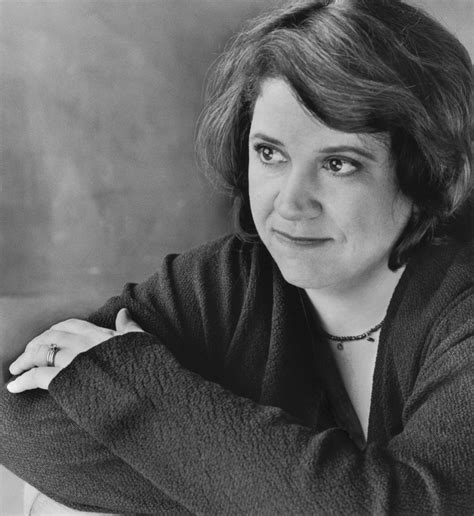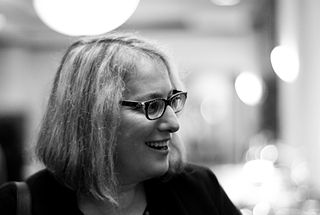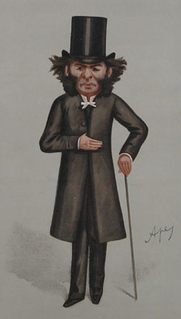A Quote by Nathaniel Hawthorne
We men of study, whose heads are in our books, have need to be straightly looked after! We dream in our waking moments, and walk in our sleep.
Related Quotes
If I feel like crying, I'll just cry in a dream. Something I really try not to do in my waking hours. I like good melodrama because it's just an undumping of all these compulsions we feel that we work so hard to master during our waking hours. No wonder we crash to sleep in bed at night. We have to, otherwise we'd just spend our waking hours shredding the feelings from everybody else.
Quidquid luce fuit tenebris agit: but also the other way around. What we experience in dreams, so long as we experience it frequently, is in the end just as much a part of the total economy of our soul as anything we "really" experience: because of it we are richer or poorer, are sensitive to one need more or less, and are eventually guided a little by our dream-habits in broad daylight and even in the most cheerful moments occupying our waking spirit.
All of the insights that we might ever need have already been captured by others in books. The important question is this: In the last ninety days, with this treasure of information that could change our lives, our fortunes, our relationships, our health, our children and our careers for the better, how many books have we read?






































